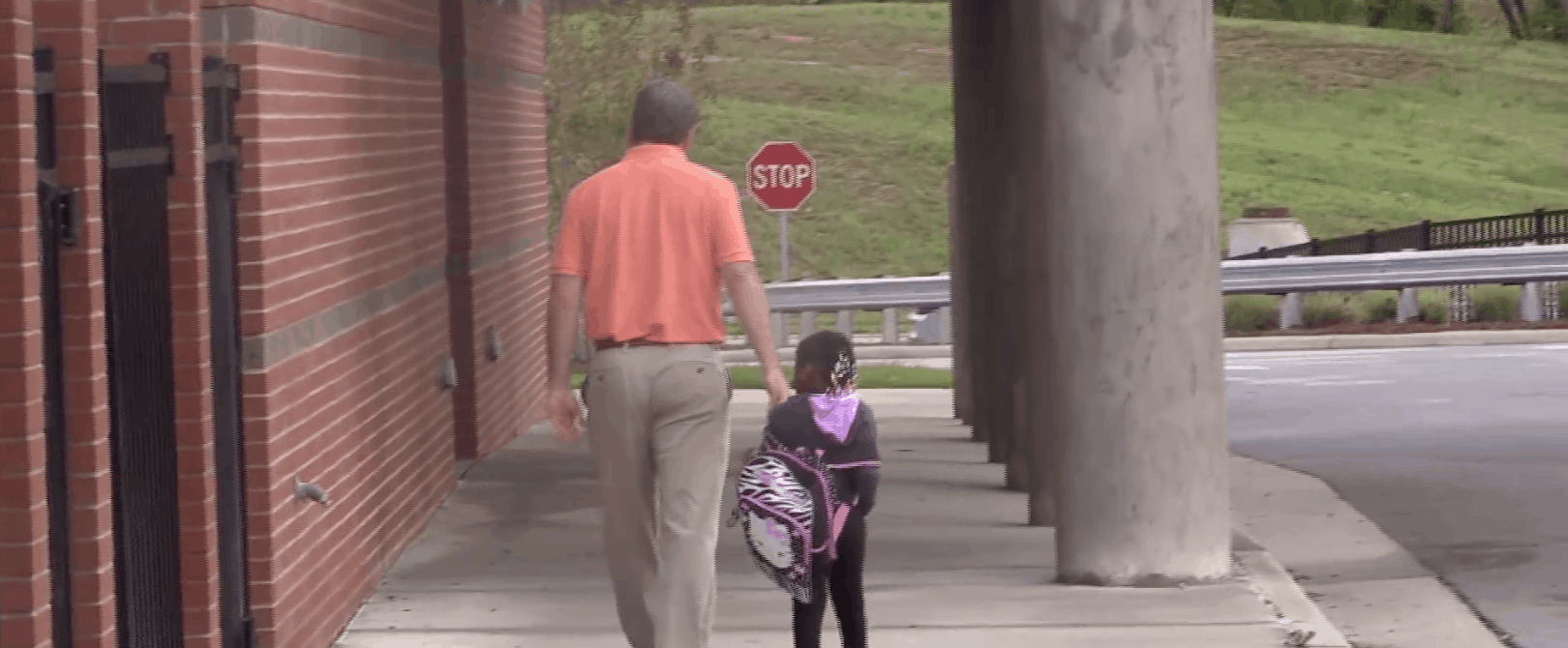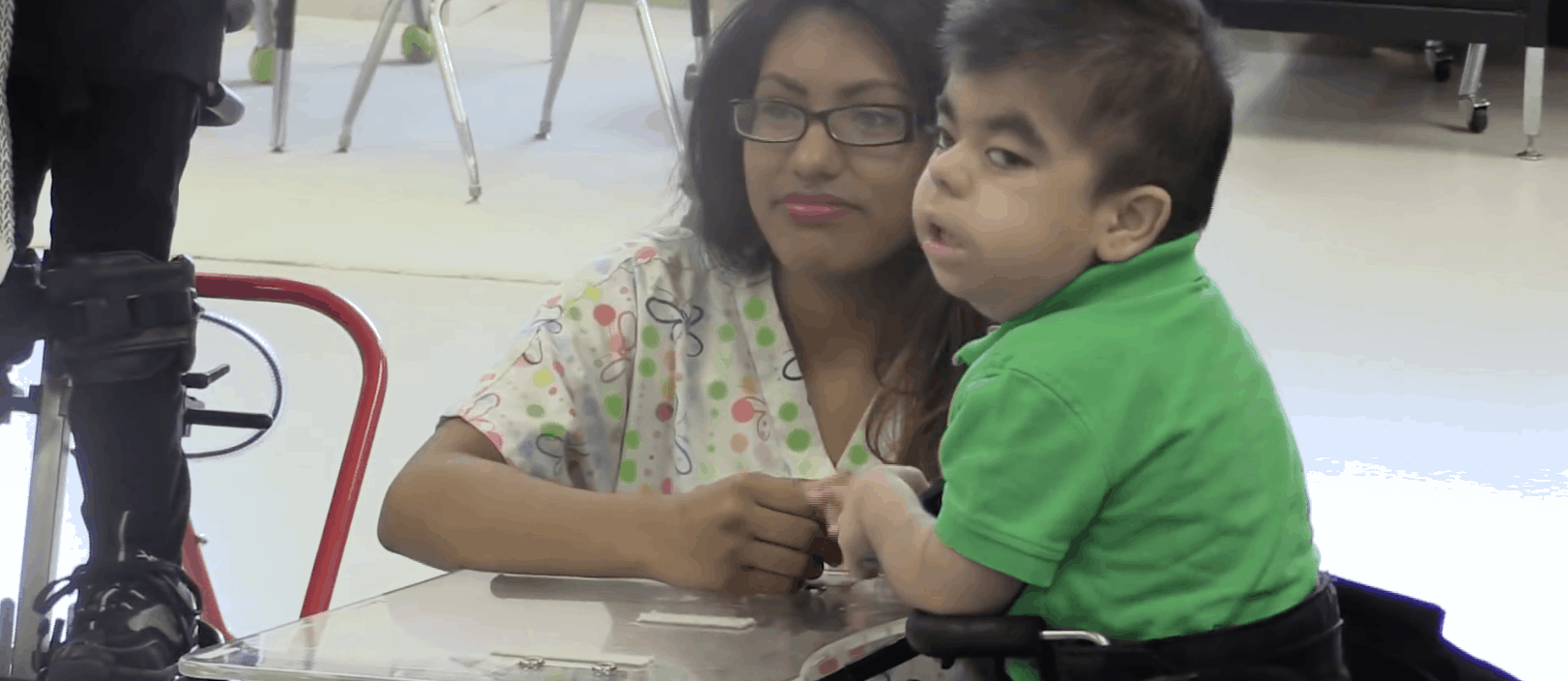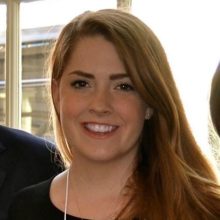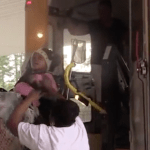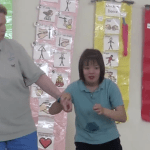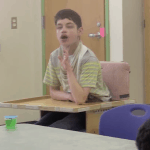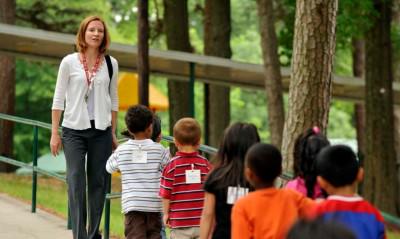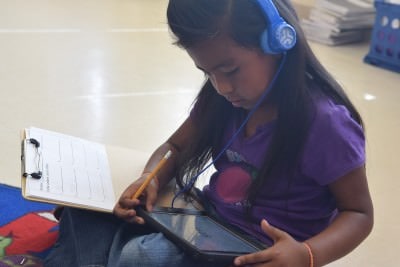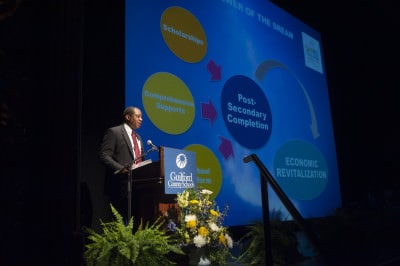When I tell people that I am becoming a special education teacher, their first question is usually, “So what made you want to do that?” My answer usually surprises them.
I’ve gone into special education because I want North Carolina to live up to its state toast. I want to be part of creating a state “where the weak grow strong and the strong grow great,” where we do whatever it takes to give each citizen the chance to live up to their full potential.
The next question, and perhaps the hardest to answer is:
“What does ‘special education’ mean exactly?”
I can give you the simple answer — special education refers to any and all services provided to a student with a disability to ensure that they receive a free, appropriate, and equal public education. But the simple answer just doesn’t do it justice.
To understand where special education is today, we have to understand where it came from. Special education has only existed in earnest since 1975, when the Education of all Handicapped Children Act (now the Individuals with Disabilities Education Act, or IDEA), guaranteed the right to a free and appropriate public education to all children with disabilities. Until then, most students either fell through the cracks in traditional public schools, or were kept away in institutions where education was minimal at best. We knew next to nothing about children with disabilities — how to educate them, how to care for them, or simply how to include them in our world.
With the civil rights movement of the mid-20th century, we began to think more about how to include all children, how to give each child a meaningful and equal education.
We knew we couldn’t turn kids away. We knew we had to make sure every child gained access to a quality education. But the question we still struggle with today is how do we make that work?
Luckily, we live in a state that has long been in the forefront of all areas of education. Beyond that, we are a hotbed for progress in special education.
The Governor Morehead School for the Blind, established in 1845, was one of the first schools of its kind in the United States.
Our longstanding tradition of strong teacher preparation programs has given us a well-deserved reputation of having the best teachers in the state. Our universities have some of the strongest special education programs in the country. Appalachian State University has a nationally-renowned and rigorous special education program, of which I am a proud product.
We are an ever-growing center for research and innovation. The Carolina Institute for Developmental Disabilities at UNC-Chapel Hill is a leader in research and training. The TEACHH Autism Program, based at UNC-Chapel Hill with support centers throughout the state, is improving the lives of children with autism internationally.
North Carolina has all the makings of a national beacon for special education. And the need for exceptional services is growing every day.
Of our nearly 1.5 million public school students, over 175,000 receive some sort of special education services. These students have a range of disabilities, from intellectual disabilities or emotional/behavioral disorders to reading disabilities and health impairments. We are constantly learning more about these disabilities, how to diagnose them, and how to support the students.
The most pervasive question still stands. What does special education even mean? What is “special,” or different about the way we educate students with disabilities?
The answer? It’s not different. The goal is always the same. Every parent, teacher, administrator, and legislator wants to see our students learn, succeed, and be happy. Every student has different wants, needs, learning styles, goals, and dreams. We respond to each student as individuals. We shape their education around them. We personalize, customize, whatever it takes to give that child a love of learning. We do this for every student, whether they have an Autism Spectrum Disorder or a minor speech impairment, or if they are academically and intellectually gifted.
This weekly series throughout the summer is going to explore the schools, the people, and the communities that allow our state to have a system of special education “where the weak grow strong and the strong grow great.”
